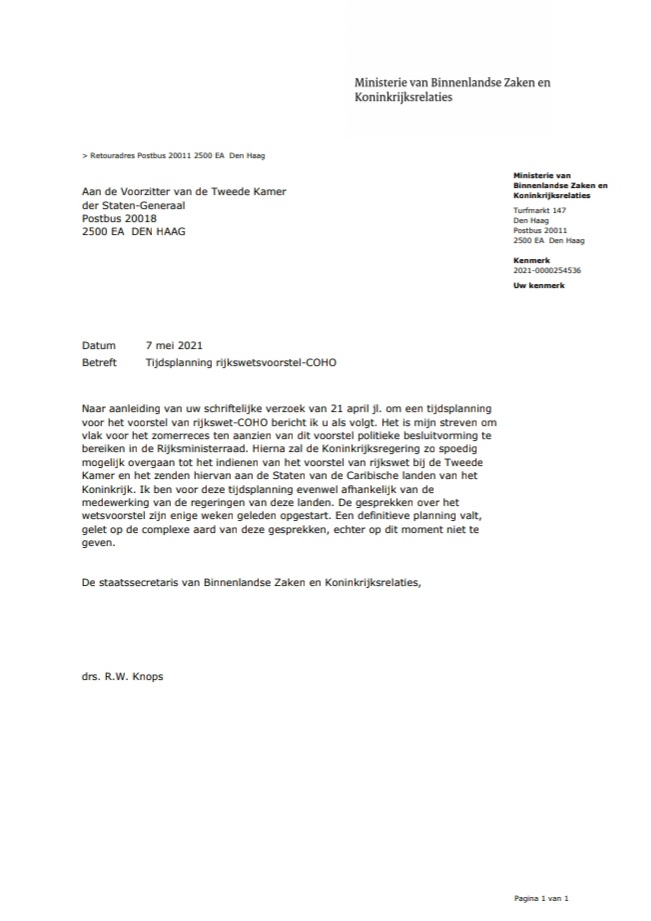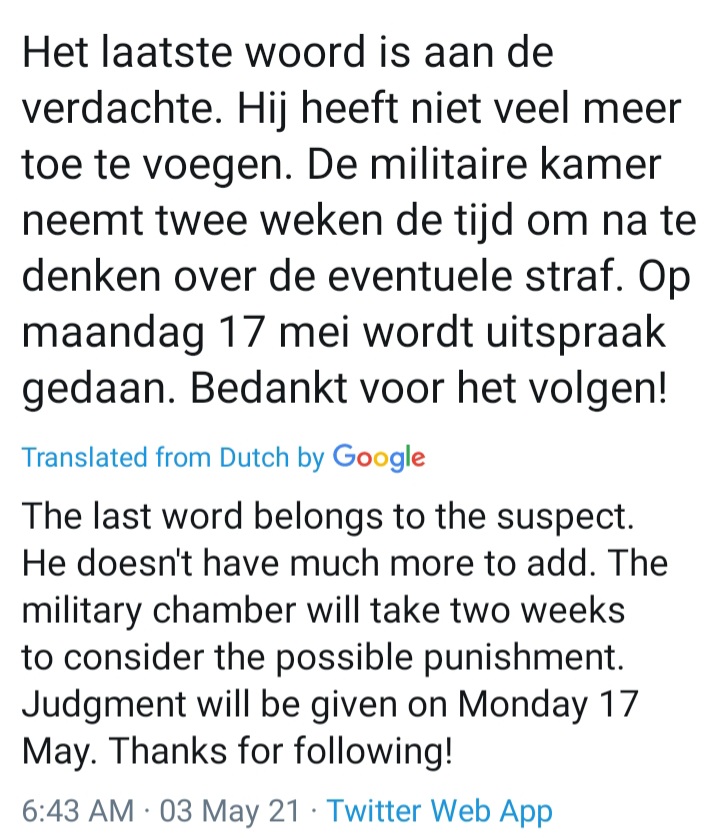LIVESTREAM HURRICANE IRMA St Maarten news the latest breaking news Dutch Sint Maarten French Saint Martin better known as St Maarten News Judith Roumou www.stmaartennews.org www.sxmgovernment.com https://www.facebook.com/stmaartennewscom/ https://www.facebook.com/stmaartennewscom/
Recent Comments
Archives
- April 2024
- May 2023
- April 2023
- February 2023
- January 2023
- December 2022
- October 2022
- September 2022
- August 2022
- July 2022
- June 2022
- May 2022
- April 2022
- March 2022
- February 2022
- January 2022
- December 2021
- October 2021
- September 2021
- August 2021
- July 2021
- June 2021
- May 2021
- April 2021
- March 2021
- February 2021
- January 2021
- September 2020
- August 2020
- July 2020
- June 2020
- May 2020
- April 2020
- March 2020
- February 2020
- January 2020
- December 2019
- November 2019
- October 2019
- September 2019
- December 2017
- October 2017
- September 2017
- August 2017
- July 2017
- June 2017
- May 2017
- April 2017
- February 2017
- December 2016
- October 2016
- September 2016
- August 2016
- July 2016
- June 2016
- May 2016
- April 2016
- March 2016
- February 2016
- January 2016
- October 2015
- September 2015
- August 2015
- July 2015
- June 2015
- May 2015
- April 2015
- March 2015
- February 2015
- January 2015
- December 2014
- November 2014
- October 2014
- December 2013
- November 2013
- October 2013
- September 2013
- August 2013
- July 2013
- June 2013
- May 2013
- April 2013
- March 2013
- February 2013
- January 2013
- December 2012
- June 2012
- February 2012
- January 2012
Categories
- Aardbeving Sint Maarten
- Accidents St Maarten
- Acting Governor Reynold Groeneveldt
- Air Caraibes
- Air Quality St Maarten
- Airport St Maarten
- Alexandra van Huffelen
- Alfonso Blijden
- ALL PHOTOS JUDITH ROUMOU
- Ambulance St Maarten
- Angelique Romou Child Predators
- ANGUILLA
- Anguilla and the Caribbean Latest Updates
- Anna Richardson Rablis
- Ardwell Irion
- Aruba
- Association Clean St Martin
- ATTORNEY COR MERX FRAUD
- Bastille Day Saint Martin
- Best Airplane Landings St Maarten PJIA Princess Juliana International Airport
- bibi hodge shaw
- bibi hodge shaw world's oldest prostitute
- Bibi Saliva Shaw Hodge
- Bitcoin Cash St Maarten
- Bitcoin SXM St Maarten
- Black Byte Ransomware
- BLOGS JUDITH ROUMOU
- Bonaire
- BOSMAN LAW VOTED DOWN
- BPO St Maarten
- Budget Aruba, Curaçao and Sint Maarten does not have to be balanced in 2022, St Maarten, St Maarten News,
- Canada St Maarten
- Canadian med students who fled St. Maarten urge Ottawa to help peers stranded by Irma
- CaribAvia St Maarten
- Caribbean
- Caribbean Cruise News
- Caribbean Music
- CARIBBEAN WEATHER
- CAS ISLANDS CURACAO ARUBA SINT MAARTEN
- CBSC Central Bank Sint Maarten Curacao
- CDFHA St Maarten
- Central Bank Curacao Sint Maarten
- CFT SXM
- Chanel Brownbill
- Changes to Declaration of Conduct, formerly Certificate of Conduct
- Christophe Emmanuel Emmanuel won’t sign if MPs-elect don’t sign charter pledging to not ‘jump ship’
- christopher emmanuel
- chupzzz
- CIBC Bank St Maarten
- Civil Servants St Maarten
- Claudius Toontje Buncamper Maria Marietje Buncamper
- Claudius Toontje Buncamper, St Maarten News
- COHO Aruba
- COHO BZK
- COHO Controversy
- COHO Curacao
- COHO St Maarten
- Colin Kristensen prolific Child rapist raped his 6 year old daughter and is free to rape more children
- Collectivité Saint Martin
- COR MERX CONVICT
- COR MERX CRIMINAL
- COR MERX IN PRISON
- COR MERX WAS NEVER JUDITH ROUMOU'S LAWYER. KATJE MANS VICE PRESIDENT OF THE COURTS ACCIDENTLY REVEALS ALL IN HER INTIMATE EMAIL TO JUDGE MAURITSZ DE KORT
- CORNELIUS DE WEEVER
- Cornelius de Weever aka Lord Highbottom
- CORNELIUS DE WEEVER Bosman does not have to issue a retraction to Cornelius de Weever LOSES BIG IN COURT CASE VS ANDRE BOSMAN – ALL CLAIMS REJECTED HAS TO PAY COURT COST
- CORNELIUS DE WEEVER HEADS TO FACE ANDRE BOSMAN IN HOLLAND TO DEFEND HIS GOOD NAME
- Cornelius de Weever homosexual
- Corona Virus In St Maarten Skyrocketing. Here Are The Latest Numbers From Aruba, St Maarten, Curacao, Bonaire
- Coronavirus COVID 19
- Coronavirus Covid19 St Maarten
- Council Of Ministers Sint Maarten Press Briefing
- Courts St Maarten
- COVID 19 Corona Virus St Maarten
- Covid 19 Latest St Maarten
- Covid 19 St Maarten Sint Maarten Saint Martin Latest News Update
- Covid 19 Travel Restrictions
- Covid-19 Coronavirus
- Covid-19: The number of cases continues to climb in Sint Maarten!
- Crime
- crime st maarten
- Cryptocurrency St Maarten
- Curaçao
- Customs SXM
- Cuvil Servants St Maarten
- Cylred Richardson criminal with blood on his hands
- Cylred Richardson get off your knees, stop killing St Maarteners you incompetent permanently bent o er MARICU BITCH
- Cylred Richardson Mr Dick Sucking Lips
- DALTON LE BLANC
- Daniel Gibbs
- De Tweede Kamer
- Deaths Sxm
- Division of Study Financing
- DRM Disaster Risk Management
- Dutch Caribbean
- Dutch Caribbean Prosecutors
- dutch government vs the st maarten government
- Dutch Military Caribbean
- Dutch Military In Sint Maarten
- Dutch Military Sint Maarten
- Dutch Second Chamber Tweede Kamer
- Dutch Sint Maarten
- Dutch Sint Maarten Chamber Of Commerce
- Dutch Sint Maarten Parliament
- Dutch Tweede Kamer
- EARTHQUAKE ST MAARTEN
- Editor SXM Today Paper
- Education Minister St Maarten
- Education Ministry St Maarten
- Egberto Doran York
- Egberto Jurandy Doran York
- EHAS
- EHAS Sint Maarten
- EHAS St Maarten
- EHAS SXM
- election 2016 st maarten
- EMERGENCY AID FOR SINT MAARTEN GETS GOING AS HURRICANE JOSE APPROACHES
- Emergency Request From St Martin Sint Maarten
- Emil Lee
- EMILIO KALMERA HENRY LYNCH SXM ST MAARTEN NEWS
- English/Italian :The Biography Of Francesco Corallo "The Godfather" Of The Caribbean Part 1
- Eva Lista de Weever
- FALL OF SINT MAARTEN GOVERNMENT
- fight
- Flag Day St Maarten
- Florida-bound Hurricane Irma strengthens back into a Category 5 as it makes landfall in Cuba
- Former Chief Of Police Peter de Witte And Aruban Prosecutors Only worked to protect the killer
- former school principal cedric hodge five years for raping young boys
- Former VDSM head James Richardsondetained in Tarpon investigation
- France continues to have a 'Master-Boy' relationship with it's Caribbean Colonies.
- FRANCESCO CORALLO
- FRANCESCO CORALLO'S ONLY INTERVIEW EVER "YOU WATCH TOO MANY 'GODFATHER' MOVIES!
- Francisco Corallo trial in Italy postponed due to conflict between judge and BPM
- FRANS RICHARDSON
- FRAUD AS SXM PROSECUTOR
- French President Emmanuel Macron to visit Caribbean as France defends hurricane prep
- French Saint Martin Dutch Sint Maarten
- French Saint Martin St Martin
- FRENCH ST MARTIN
- french st martin dutch sint maarten border
- Gas Diesel St Maarten Sint Maarten
- Gebe Announces Water Distribution Points of NON Drinkable Water Hurricane Irma
- Gebe Black Byte Ransomware
- GEBE NV Sxm St Maarten
- geert hatzmann
- GEERT HATZMANN ATTORNEY AND AMBULANCE CHASING FOOL
- Gendarmes Saint Martin
- George Lloyd St Maarten
- george pantophlet
- GERRIT SCHOTTE FRANCESCO CORALLO THEO HEYLIGER
- God
- Governor Eugene Holiday
- governor st maarten
- Governor St Maarten AG Baly
- Grand Piano Studio St Maarten
- Grisha Heyliger Marten
- Grisha Marten
- Grisha Marten Mrs Theo Heyliger
- Guadeloupe Earthquake
- Guadeloupe French Caribbean
- Harbor St Maarten
- HE WAS THE CRIMINAL CHIEF OF POLICE IN CHARGE OF CONCEALING EVIDENCE IN THE NATALEE HOLLOWAY CASE
- henry lynch st maarten
- hilbert haar
- HILBERT HAAR ASSAULTS WOMEN
- HIRO SHIGEMOTO ROBERT GIBB PIRANHA
- Holland The Netherlands The Dutch Nederland
- http://www.chicagotribune.com/news/local/breaking/ct-senator-martinez-hurricane-irma-met-20170908-story.html
- Human Trafficking St Maarten
- hurricane irma
- HURRICANE IRMA SEP 10 2017
- hurricane irma st maarten caribbean
- HURRICANE IRMA ST MAARTEN SXM SAINT MARTIN SINT MAARTEN ST MARTIN THE CARIBBEAN
- hurricane irma st maarten the caribbean
- HURRICANE IRMA ST MAARTEN THE CARIBEAN
- hurricane jerry
- hurricane jose
- Hurricane Jose On The Same Path As Hurricane Irma _ Brace For Double ImpactHurricane Jose On The Same Path As Hurricane Irma _ Brace For Double Impact
- hurricane katia
- hurricane season
- Hurricanes Tropical Storms St Maarten
- Hurricanes Tropical Storms St Maarten Caribbean
- IBP
- IMF St Maarten
- Immigration and Border Control SXM
- Integrity Chamber Sint Maarten
- IRANIAN SUPREME LEADER PUTS DONALD TRUMP'S ST MAARTEN HOME ON HIT LIST…SO AVOID THAT NEIGHBORHOOD AT ALL COSTS
- Irma
- Irma : Les infos à J+4 From Le Pelican Saint Martin
- Irma claims life of Trini visiting St Maarten
- Irma Recovery for St. Maarten Environmental Org
- Irma Weakens Again Slightly on Way to Florida
- Jamaica
- Jamaloodin
- johann yanchi leonard
- Joint Court of Justice JR Veerman
- Jorien Wuite
- Judge Mauritsz de Kort Animal Killer
- Judge Vice President of Court Katje Mans corrupt
- Judith Regina Roumou
- judith roumou
- JUDITH ROUMOU BLOGGER
- JUDITH ROUMOU ST MAARTEN NEWS
- judith roumou sxm
- JUDITH ROUMOU VS THE GOVERNMENT
- Judithroumou@gmail.com
- judy la paix
- Jurendy Egberto Doran York
- Karel Doorman
- Kendall Dupersoy Semen Is Fattening
- Key To Freedom St Maarten
- king murder st maarten
- Kingdom Council of Ministers
- Kingdom of the Netherlands
- KLM
- KPSM
- kpsm sxm st maarten police
- Kreative Juices Diarrhea St Maarten SXM
- land hungry de Weever's of St Maarten an exhibition in nepotism
- Late Night With Andrew Dick Arrested Abused Female
- Latest Dutch St Maarten Covid Cases
- latest weather st maarten caribbean meteoroligical center update
- LEONA MARLIN ROMEO
- leopold james
- leroy de weever
- Leroy de Weever beats and assaults another woman
- LEROY DE WEEVER BEATS WOMEN AS A HOBBY
- LEROY DE WEEVER IS A WOMAN ABUSER
- LEROY DE WEEVER IS A WOMAN ABUSER AND COMMON SCOUNDREL THIEF
- Leroy de Weever Woman Abusing Crook
- leroy de weever woman beater and thief
- leroy la paix
- Letter to Parliament with a report of a working visit to Bonaire, Aruba and Sint Maarten in January 2021
- Looters attack Simpson Bay Resort guests
- Loui Mussington
- louie laveist
- Lying Haitian Con Artist Olivier Arrindell strikes again – from sxmislandtimes
- Makambas
- Marc Falzon
- marcel gumbs has turned into caligula
- Marcia Bouterse Tjon Ajong Associates and Company
- maria buncamper
- MARIA BUNCAMPER COURT DATE POSTPONED
- maria buncamper molanus
- MARIA BUNCAMPER MOLANUS MARIETJE
- maria marietje buncamper molanus
- Marijuana St Maarten
- Masbangu Sint Maarten SXM
- MAURICE LAKE
- MAURICE LAKE LAND SCANDAL ST MAARTEN MINISTER
- Max Verstappen
- Melissa Gumbs
- Melissa Gumbs Marcel Gumbs
- Merrill Temmer AKA Jimmy
- MFK Curacao Korsou
- Minister of Nepotism Ludmilla de W eever
- Minister Plenipotentiary of Sint Maarten Rene Francisco Violenus
- Minister Richard Gibson
- Ministers Press Briefing St Maarten
- Mokofest St Maarten
- Monkeypox St Maarten
- Montreal man wants feds to rescue Canadians trapped in Hurricane Irma's wreck
- MP Of Embezzlement Rolando Brison
- MP Parliamentarian Rolando Brison Common Thief Embezzeler
- nardy cramm
- Nardy Cramm Old Thieving Dutch Prositute
- Nardy Cramm RACIST Wants To get rich off of poor Curacao people
- Nardy Cramm The RACIST Thieving Nazi
- Natalee 3
- Natalee Holloway
- Nederland Antillen
- Nederlandse Antillen
- netherlands st maarten curacao
- Netherlands Vs Former Antilles
- New Photos Hurricane Irma Destroys Oyster Pond St Maarten
- New Photos Maho Beach Sonesta St Maarten Destroyed by Hurricane Irma 2017
- New Video Dick Luttekes St Maarten's Top Pharmacist Explains The Dutch St Maarten Covid19 Vaccination roll out (English/Dutch)
- New Video Gromyko Wilson Urgent Message For Prime Minister Of St Maarten William Marlin He Is Missing In Action
- Nigel Farage
- NIPA
- nv gebe
- NV GEBE SXM
- obeah and voodoo in sxm
- Official St Maarten Government Update On Hurricane Jose
- Olivier Arrindell Open Letter Concerning his Phantom Airline Company- source curacaochronicle
- Omar Ottley
- Omar Ottley The Woman Beater Criminal Brother Contracts Political Favors Ministry
- Ombudsman St Maarten
- openbaar ministerie
- PAHO
- PARIS: Hurricane Irma has wreaked an estimated €1.2 billion (RM 6 billion) worth of damage St Martin And St Barths
- Parlatino
- Parliament St Maarten
- Parliament-of-Sint-Maarten-Youth
- Parliamentarian Rolando Brison the embezzler meets with mafia boss Corallo
- Passenger falls to death on Gay Atlantis Cruise on its way to St Maarten
- PATRICK ILLIDGE
- pearl of the caribbean st maarten richard gibson william marlin
- pepe
- PETER DE WITTE
- peter de witte and the kpsm st maarten police dept are dirtyX criminal mudda skunts
- Petition
- petrus leroy de weever fails screening criminal investigation
- PFP
- Photo Dutch Marines Arrive In St Maarten
- PHOTO FRENCH PRESIDENT FRANCOIS HOLLANDE ARRIVES IN ST MAARTEN ST MARTIN
- Photo Gendarmes Arrive In French St Martin Where Some Have Reported To Be Unsafe
- Photo Porto Cupecoy St Maarten After Hurricane Irma
- PHOTO SANDY GROUND SHOOTING VICTIM FULL STORY ST MARTIN ST MAARTEN
- Photos and Press Release: Fires in French St Martin and Anguilla sources: Ingrid Fleming Haywood and Anonymous
- PHOTOS St Maarten Sxm PJIA Princess Juliana International Airport Before And After Hurricane Irma
- Photos The Atrium St Maarten After Hurricane Irma
- Photos Videos Looting Widespread! Four Deaths Reported French St Martin. One Dutch Sint Maarten
- pjd2 st maarten
- PJIA
- PJIA Princess Juliana International Airport
- point blanche prison st maarten
- Police Officer Jerry Gerardus Took Bribes Freed Child Rapist
- Prime Minister Rutte Formally Apologizes For Slavery
- Princess Juliana Airport is destroyed by Hurricane Irma 😱😱
- Prosecutor Karolla Van Nie Fat Animal Killer
- Prosecutor Tineke Kamps Animal Killer
- PSVD
- Public Prosecutor St Maarten
- Puerto Rico
- Puerto Rico Earthquake
- Raeyhon Peterson
- Raymond Knops
- RBC Sint Maarten
- Reconstruction SXM St Maarten
- regering st maarten gevallen
- report french st martin
- RESEMBID
- REST IN PEACE OFFICER BENJAMIN GAMALI OF KPSM SINT MAARTEN
- Restaurants St Maarten
- Reynaldo Groeneveldt
- Richard Gibson St Maarten
- Richard Hajjar Former CFO Alden Shoe Co
- Richard Panneflek
- RJ Boswijk
- road closure st maarten
- ROAD USER SAFETY SAINT MARTIN
- Rodolphe Samuels
- Rolando Brison
- Rolando Brison Bitcoin Cash Scam
- Rolando Brison Cryptocurrency Pump Dump
- Rolando Brison Cryptocurrency Scam
- Rolando Brison Embezzler
- ROMAIN LAVILLE
- Ronald Plasterk
- Ronald van Raak
- Ronald Van Raak Racist Lying Sack Of Shit
- Rotterdamse inzamelingsactie voor Sint-Maarten: vier à vijf zeecontainers vol
- RSM Saint Martin
- Rudolph Samuels
- Saba
- Saint Martin
- Saint Martin Carnaval
- Saint Martin children's carnival 2012
- saint martin news
- SAINT MARTIN WEATHER
- sarah wescot wiliams
- sarah wescot williams
- Sargassum Saint Martin St Maarten
- Sarina Gito
- SCDF St Maarten
- Sharine Daniel
- SHTA St Maarten
- Silveria Jacobs
- Silvio Matser
- SILVIO MATSER CONVICTED TAX EVASION
- Sint Maarten
- SINT MAARTEN GOVERNMENT
- sint maarten government falls
- sint maarten news
- Sint Maarten Openbaar Ministerie
- sint maarten openbaar ministerie public prosecutors voter fraud
- SINT MAARTEN PLAGUED BY LOOTING IN AFTERMATH OF HURRICANE IRMA
- SINT MAARTEN PROSECUTOR TINEKE KAMPS RESIGNS!!! JUDITH ROUMOU.. BLOGS..
- Sint Maarten Reconstruction
- Sint Maarten Trust Fund
- sint maarten weather
- Sjaoel Shooz Richardson
- SJIS St Maarten
- Sky High Airlines
- Slavery Apology Demonstrations St Maarten And Curaçao
- SMGH St Maarten General Hospital
- SMILE
- SMMC
- SMMC provides update on General Hospital project.
- smn news
- SMOYA St Maarten
- Solange Duncan
- Soufriere Erupts After Earthquake St Vincent Grenadines
- Sr. Basilia Center St Maarten
- St Barths And More
- St Barts St Barths
- ST EUSTATIUS
- St Joseph School
- ST MAARTEN
- st maarten airport
- St Maarten Airport PJIA Princess Juliana International Airport
- St Maarten Ambulance EMT KILL PEOPLE AND LEAVE THEM TO DIE
- St Maarten ambulance services
- St Maarten Animal Welfare kills animals
- St Maarten Animal Welfare Rights
- St Maarten Border War: The Unethical French Authorities Vs. The Criminal Dutch Authorities
- St Maarten Border Wars
- St Maarten Business
- St Maarten Casinos
- St Maarten Civil Servants
- st maarten crime
- St Maarten Currency Money
- St Maarten Diesel Gasoline
- St Maarten Dominica
- St Maarten Drugs
- St Maarten EHAS
- St Maarten Elections 2016
- St Maarten EMT
- St Maarten Gas Prices
- St Maarten GED DIPLOMA EMT'S KILLING ST MAARTENERS
- st maarten government falls
- st maarten government judith roumou
- st maarten government meteorological weather update latest
- St Maarten Government Takes Mafia Bribes
- st maarten holland investigation
- St Maarten Hurricane
- St Maarten Immigration
- St Maarten Jamaica
- st maarten judith roumou
- St Maarten KPSM Korps Politie Sint Maarten
- St Maarten Latest Covid-19 Numbers
- st maarten law
- ST MAARTEN LAWYERS
- St Maarten Legalized Prostitution and A False Sense of Security
- St Maarten Meteorological department
- St Maarten Minister Plenipotentiary René Violenus
- St Maarten Mosquitoes
- st maarten national alliance
- st maarten news
- St Maarten News Sint Maarten Latest Breaking News SXM Saint Martin News
- St Maarten News Sint Maarten News Sxm News Saint Martin News
- St Maarten News St Martin Weather Sxm Crime Politics Government Updates
- ST MAARTEN PARLIAMENT
- st maarten police department
- ST MAARTEN POLICE DEPARTMENT BECOME OVERNIGHT YOUTUBE SENSATIONS
- st maarten political corruption
- ST MAARTEN POLITICS
- St Maarten Positive for Mosquito Larvae
- st maarten prison
- St Maarten Prosecutors Office
- St Maarten Reconstruction
- St Maarten Religion
- St Maarten School Fights
- ST MAARTEN SHOOTING
- St Maarten Sint Maarten Saint Martin
- St Maarten St Martin Travel
- st maarten today paper
- ST MAARTEN WEATHER
- st maarten, st maarten weather , st maarten airport, st maarten map, st maarten hotels , st maarten airport code, st maarten island, st maarten currency, st maarten beaches, st maarten news, sxm weath
- St Maarteners' are claiming a higher number of deaths as the French Saint Martin Government is also criticized
- ST MARTIN
- ST MARTIN CRIME
- st martin info
- st martin news
- st martin weather
- st. martin st. maarten sint maarten saint martin sxm st maarten news
- Statia St Eustasius
- stuart johnson
- Susan Thompson Racist scum
- Susan Thompson ugly racist aging like a raisin in hhe sun
- Sxm Airport PJIA Princess Juliana International Airport Sint Maarten
- SXM BOBOL LIST
- SXM COM
- Sxm Crime
- Sxm Cryptocurrency
- SXM DCOMM Sint Maarten Government
- SXM DECLARING WAR WITH THE NETHERLANDS
- Sxm Dutch Sint Maarten Fire Department St Maarten
- sxm elections 2016
- Sxm Elections Dutch Caribbean 2016
- sxm government
- Sxm Government Crimes
- Sxm Government Holidays 2022
- sxm government st maarten falls
- sxm news
- SXM OM Public Prosecutor
- sxm parliament
- Sxm Pointe Blanche Prison
- sxm police
- sxm politics
- sxm prosecutors office openbaar ministerie
- Sxm Schools
- Sxm Sint Maarten
- sxm sint maarten government
- Sxm Sint Maarten St Maarten Elections
- Sxm Sint Maarten VROMI
- sxm st maarten accident
- Sxm St Maarten Health
- Sxm St Maarten Latest Police News
- SXM St Maarten Nature
- Sxm St Maarten News
- sxm st maarten sint maarten government falls
- Sxm St Maarten Sint Maarten Saint Martin Caribbean Weather
- SXM Tax Sint Maarten Belastingen
- SXM WEATHER
- SXMGOV Radio
- SYLVERIA JACOBS
- SZV
- TELEM SXM
- The Criminal Buncampers
- The Netherlands RACISTS
- THE SXM ST MAARTEN GOVERNMENT HAS FALLEN
- The World Bank Sint Maarten
- THEO HEYLIGER
- Titan Airlines
- Ton Maan
- Ton Rooijers President of the Court
- tourism
- TPO
- Trust Fund Steering Committee Latest Jacobs,
- U.S. Consul General to St Maarten
- U.S. SECRETARY MIKE POMPEO TO MEET WITH ST MAARTEN AND OTHER CARIBBEAN LEADERS.
- Uncategorized
- United Nations St Maarten
- united peoples party sint maarten
- UNOPS
- UP Party St Maarten
- UPDATED BREAKING NEWS! Suspect arrested in connection with the Beacon Hill investigation.
- UPP
- upp st maarten sxm elections theo heyliger
- VACCINATION PASSPORTS: Two American cruise lines requiring COVID-19 vaccinations before boarding
- Valerie Damaseau
- vdsm sxm st maarten
- venezuela
- Venezuelan Immigrants
- vesuvius bling bling sxm
- VIDEO JUDITH ROUMOU
- vromi
- VROMI SXM St Maarten Sint Maarten Dutch Caribbean
- weather
- Wendall Moore Journal
- WHO
- william marlin
- Winair St Maarten
- World Bank Sint Maarten
- World Bank St Maarten


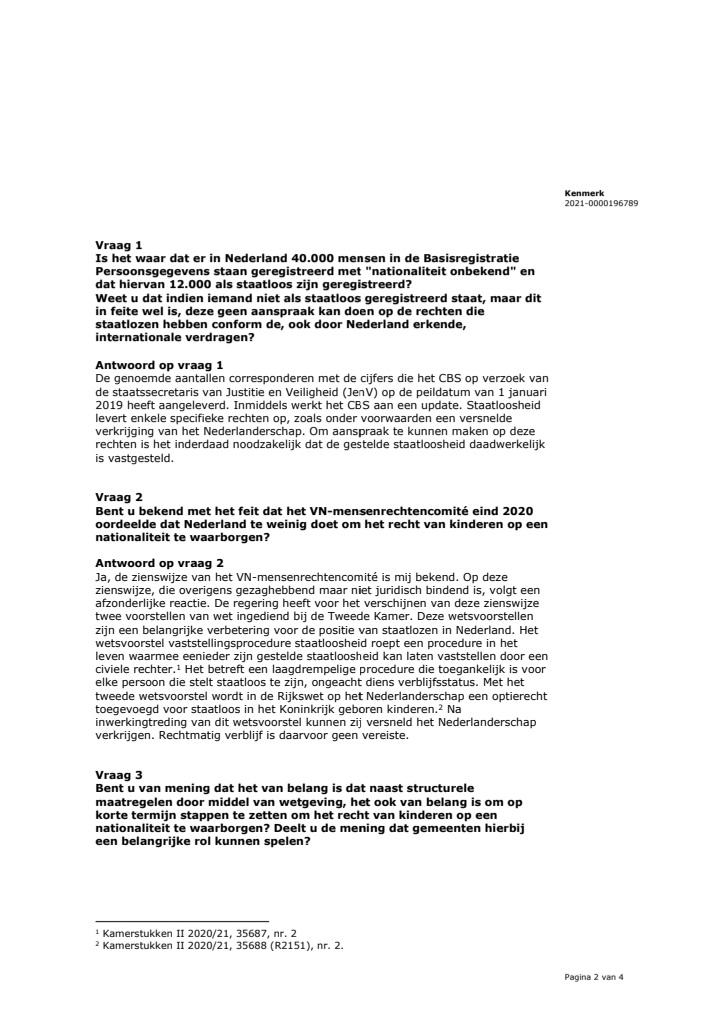
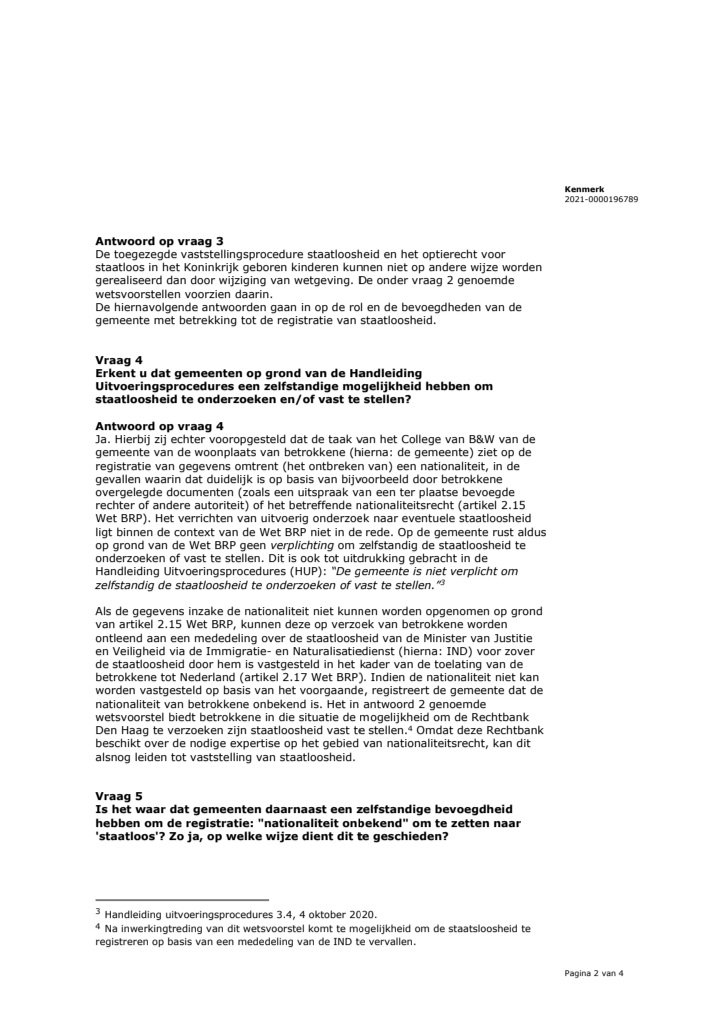

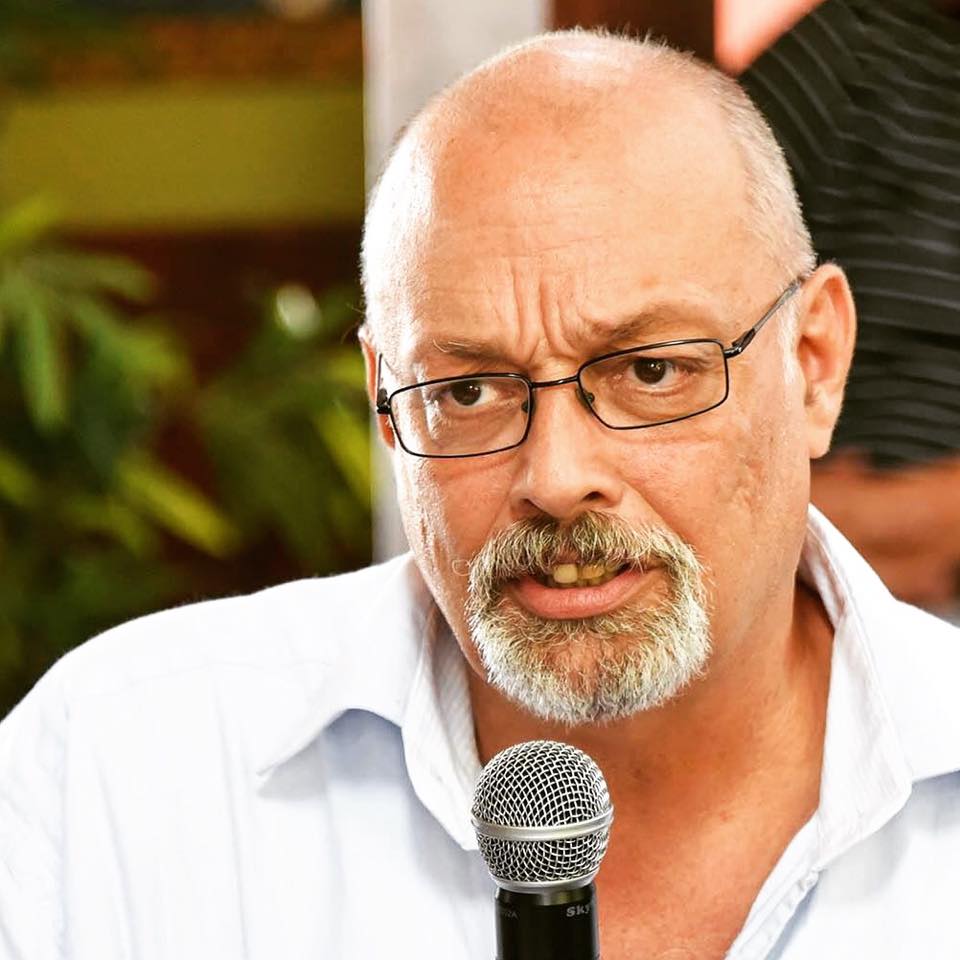 Supervision of Antillian Financial Institutions Too Voluntary
Supervision of Antillian Financial Institutions Too Voluntary